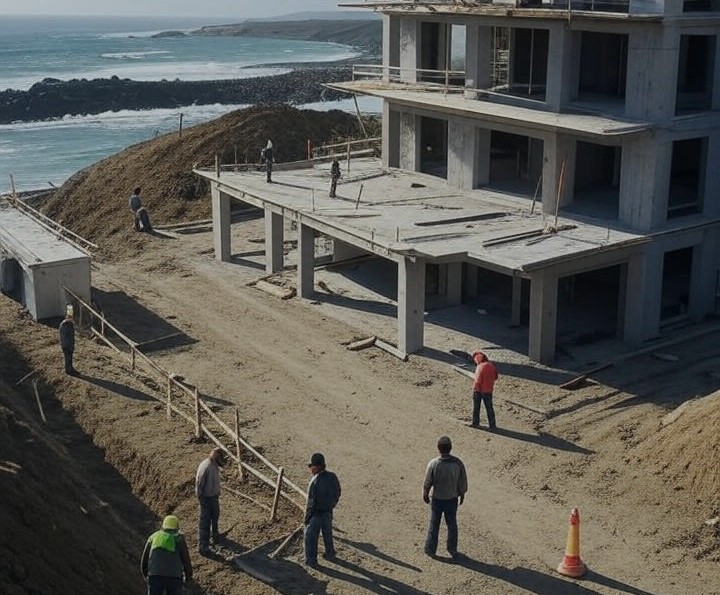New Jersey has scaled back its controversial flood protection requirements following months of criticism from coastal communities and local officials. The state’s Resilient Environments and Landscapes (REAL) rules, originally proposed in August 2024, have been significantly modified to address concerns about costs and practicality.
Key Changes Reduce Elevation Requirements
The most significant change reduces the additional elevation requirement for new coastal buildings from 5 feet to 4 feet above Federal Emergency Management Agency (FEMA) base flood elevations. This adjustment could save homeowners thousands in construction costs while still providing protection against projected sea-level rise through 2100.
For seniors living in coastal areas, this means more affordable options for renovations and new construction. A home in a floodplain with a 9-foot base elevation would now need to be elevated to 14 feet total, rather than the originally proposed 15 feet.
Local Officials Welcome Compromise
The changes come after substantial criticism from municipalities and stakeholders who characterized the original proposal as extreme and financially burdensome. Many coastal communities argued that the 5-foot requirement would make shore construction prohibitively expensive, particularly impacting seniors on fixed incomes who might need to renovate or rebuild their homes.
DEP Commissioner Shawn LaTourette acknowledged this feedback, stating “We’re hearing from our coastal communities that they are comfortable with a higher level of risk, and we need to consider that”.
Additional Senior-Friendly Provisions
The revised rules include several provisions that could benefit older residents. Affordable housing projects can now qualify for hardship exemptions from some requirements, as long as public safety isn’t compromised. Additionally, applications submitted within 180 days of the rule’s effective date will be reviewed under existing regulations, providing a transition period for ongoing projects.
The state also expanded the “compelling public need” exemption to include medium- and low-income housing developments, potentially helping seniors access more affordable housing options in coastal areas.
Final adoption is expected by January 2026, with a 60-day public comment period and virtual hearing scheduled for September.


